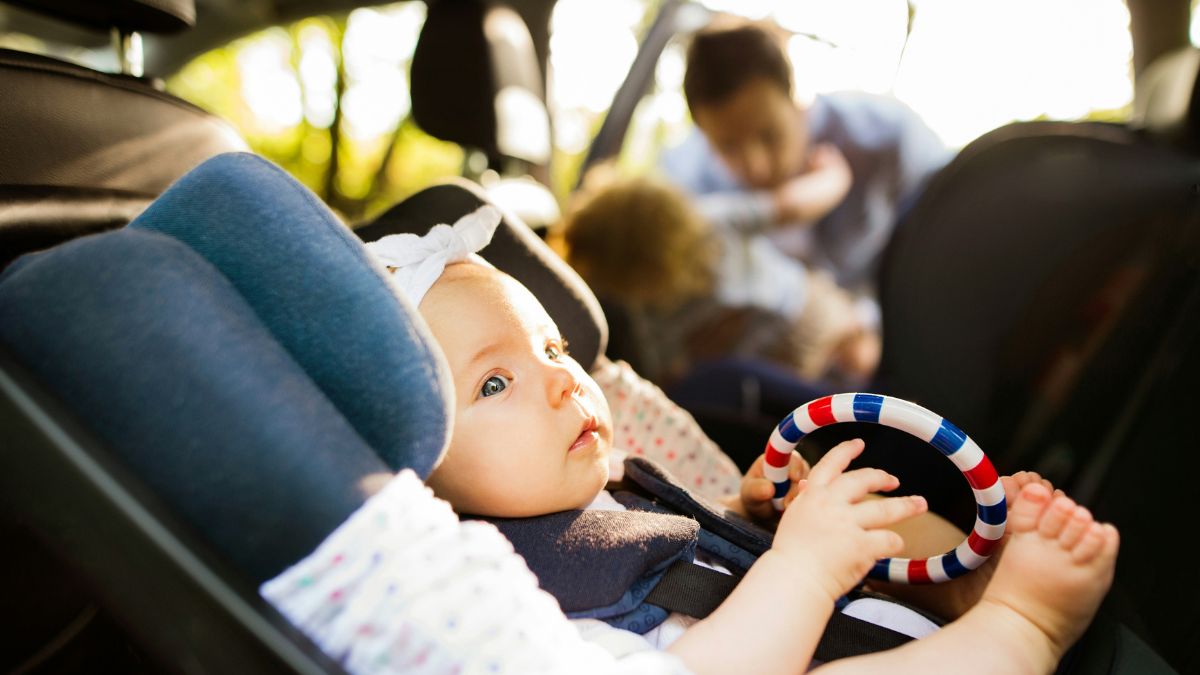

Families Aren’t Moving to Minnesota
The exodus from blue to red states shows parents care about more than free lunches and healthcare.
10/4/24
John Stonestreet and Shane Morris

Conservatives have long criticized the progressive tendencies to assume that government is always the solution and to judge policies by their intentions rather than their results. Both fallacies were on full display in a recent piece by Catherine Rampell in The Washington Post, in which she argued that Democratic vice-presidential nominee Tim Walz has helped make Minnesota the model of a pro-family state.
In this telling, free school lunches, assistance with children’s medical insurance, free college for low-income families, and paid family leave have all been “politically smart, fiscally sound and family-friendly.” They are also, she wrote, “long overdue pretty much everywhere else in America,” and proof that “one major party cares about children and families; and the other does not.” She then concluded that “Democrats should seriously consider rebranding themselves as the ‘MAMA’ ticket: ‘Make America Minnesota Already,’” to trump Trump’s “Make America Great Again” brand.
The only problem with this bright picture of the North Star State is, as Lyman Stone and Brad Wilcox wrote for the Institute for Family Studies, Minnesota is anything but a utopia for families. In fact, it is among the many blue states losing the most families to mainly red states like Idaho, Texas, and South Carolina.
According to IFS’s American Community Survey, more families with children left Minnesota in 2021 than moved there, bringing the net loss of families to around 4,000. As Wilcox and Stone wrote,
Parents are not generally moving towards states with the preferred family policies of progressives. They are moving out of these states, including Democratic states, like New York, California, Massachusetts, and Oregon, all well known for their liberal family policies.
In fact, there’s been a net loss of over 200,000 families from states that went blue in the last two presidential elections, and net gain of around 181,000 families in states that went red in both those elections. States that flipped red, they note, gained a further 38,000 families.
The reason for the mass family migrations is not that every one of Minnesota’s policies are bad. In fact, the researchers support many of the state’s family policies, and Wilcox even praised similar laws in his book, Get Married. Instead, it looks as if parents searching for the best place to raise their children consider more than government assistance. They often, in fact, desire less government in their lives.
For instance, ongoing COVID restrictions and closures likely led families to flee cities in favor of “suburban and rural places with more space” and freedom to live, “where remote work for parents was easier.” Red states also re-opened schools sooner, are typically more friendly to school choice, and generally have lower taxes and more job-friendly economies, all making it much easier to feed and house a family.
Most important, however, is culture. As Stone and Wilcox point out, it’s no coincidence that families are flocking to states that have “resisted letting their schools and sports be guided by avant-garde gender theories,” that are less likely to abduct children from parents to undergo transitions, and that have not let homelessness grow out of control in their streets.
In the end, families are voting with their feet, and the clear winner is a free and family-friendly culture, not government aid or good intentions. As the researchers conclude:
The Left’s assumption here is that policies that steer more benefits and transfers to families are the most important to parents raising children across the country. … [But no] amount of tax credits will ever be more valuable to a family than safe streets and decent housing for middle-class earners.
These and other “cultural distinctives” are subtle, unappealing to central planners, and cut against the grain of modern, progressive sensibilities about what makes a just and inclusive society. Parents want less LGBTQ dogma, more school choice, lower taxes, less red tape, and more religious and parental freedom. Those things tend to be found in redder states.
Lawmakers and governors in blue states who are worried about the exiting families should learn that parents want officials to respect their values. God gave the family a mission and a sovereignty of its own. Parents want the freedom to accomplish that mission, and they will find it, even if it means leaving behind free lunches and healthcare.
Despite the headlines, America should not become Minnesota already.
Have a Follow-up Question?
Up
Next

Related Content

© Copyright 2020, All Rights Reserved.













